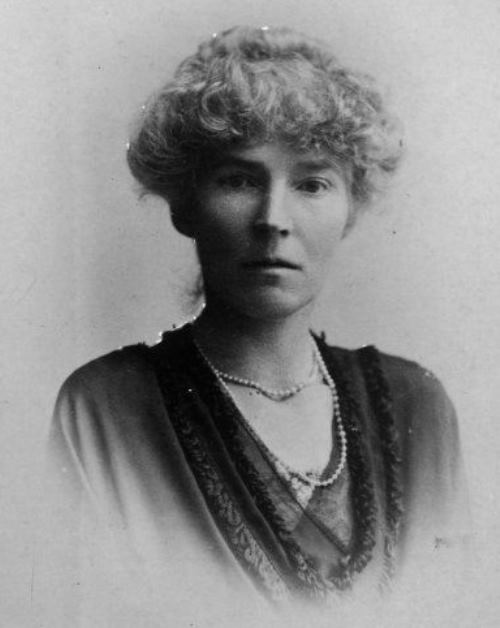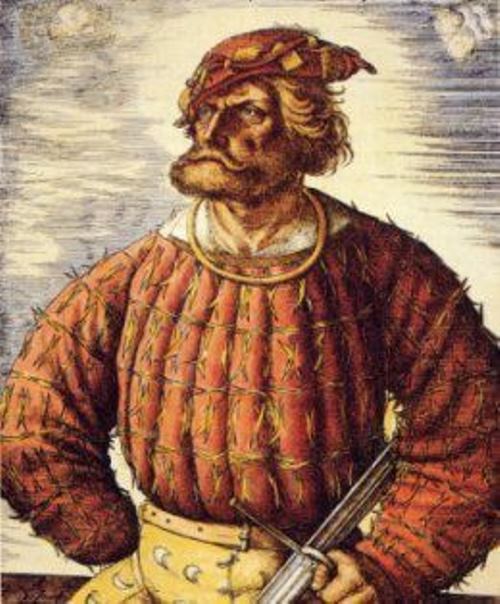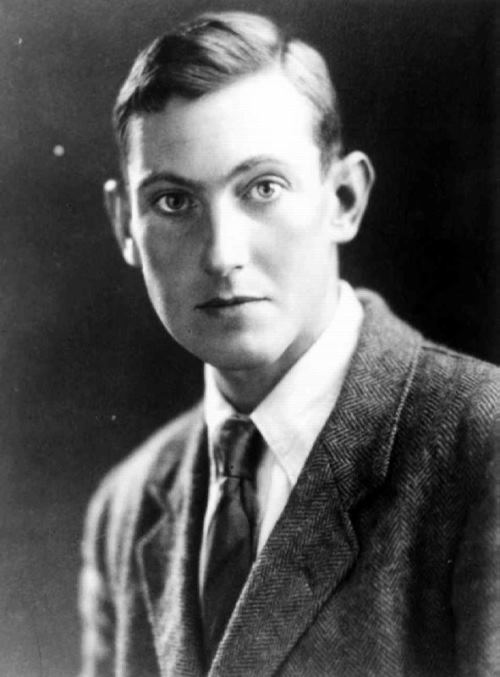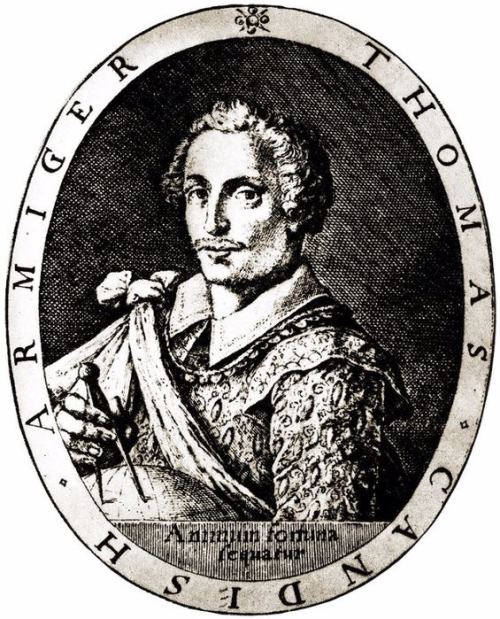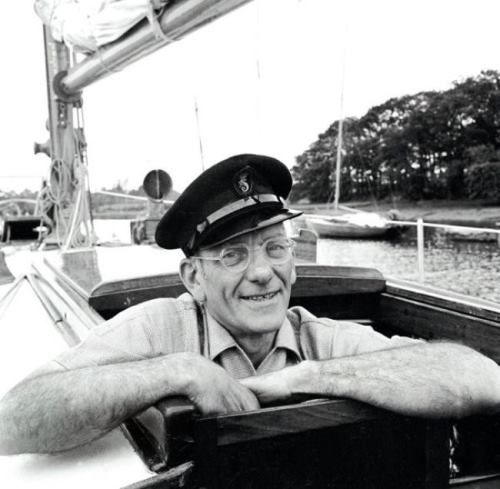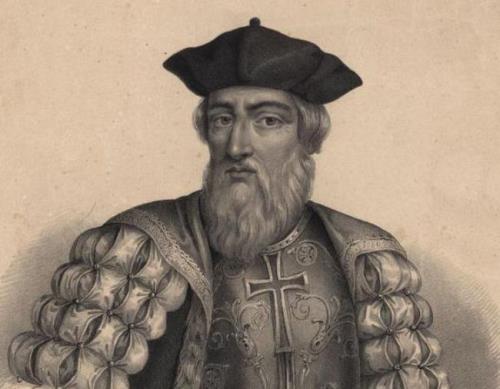Gertrude Bell – Desert queen
The motto of this British noblewoman was the words of Hafez: “everything on earth is not forever, except for acts for the benefit of people”. Traveler, archaeologist, scout, she played an important role in the formation of two states – Iraq and Jordan.
Gertrude Margaret Lowthian Bell was born in June 1868 in England, in county of Durham. Her grandfather Lowthian Bell owned steel mills and held the title of Baronet. And her father Hugh Bell continued the family business. Gertrude was only three years old when her mother died.
The girl received a good home education and at the age of 15 she entered Oxford College, where she was one of the best students. At the same time, she found time for entertainment, loved to dance, play tennis and perform on the stage of an amateur theater.
One day, Uncle Frank Lascelles, British Ambassador to Romania, invited her to stay in Bucharest. That winter, she plunged into social life, not without irony, remarking in a letter to her father about the Romanian aristocrats: “They have fun as if every day is the last in their life.”
More »
